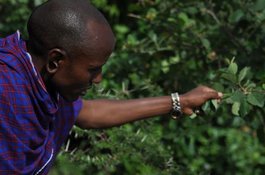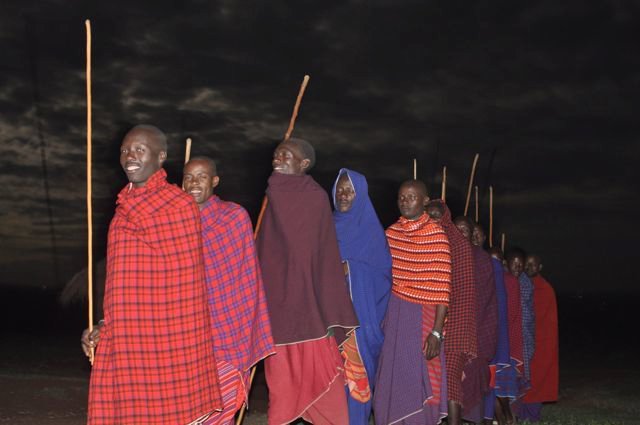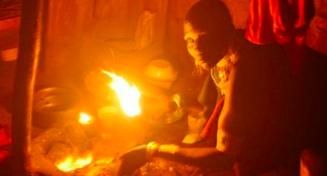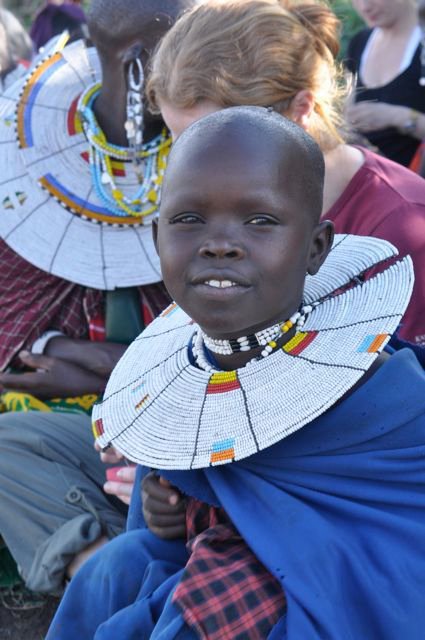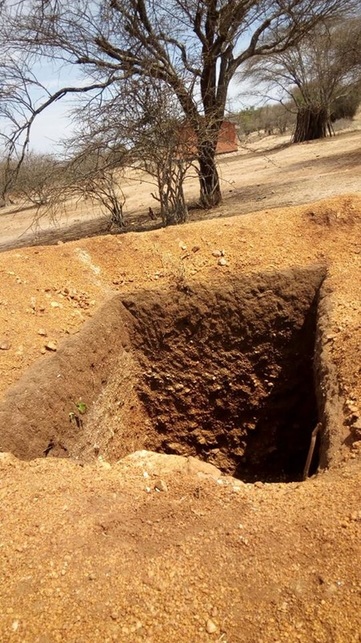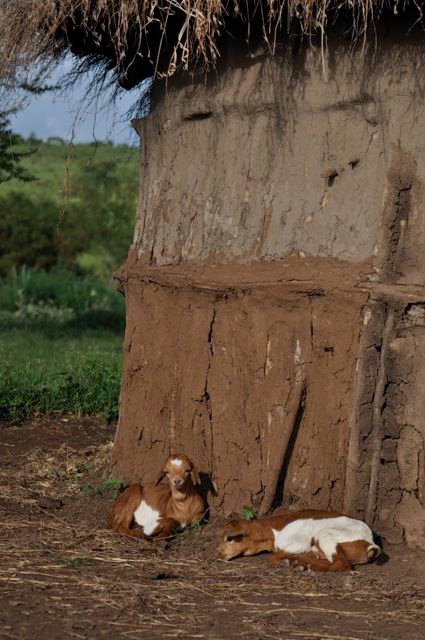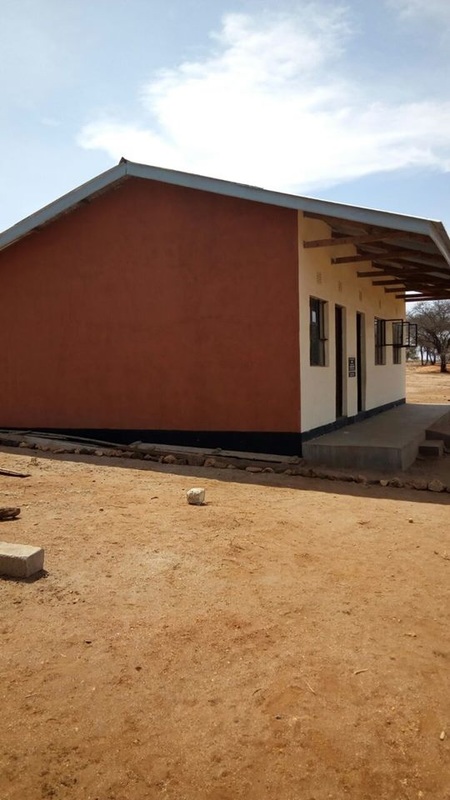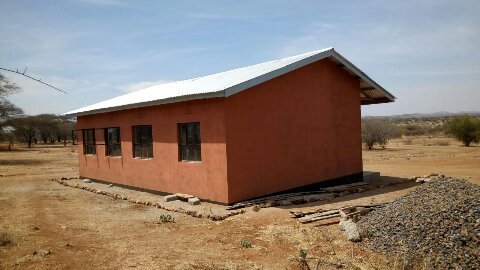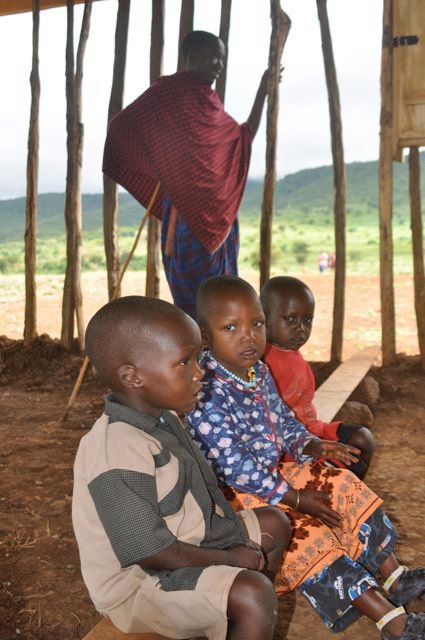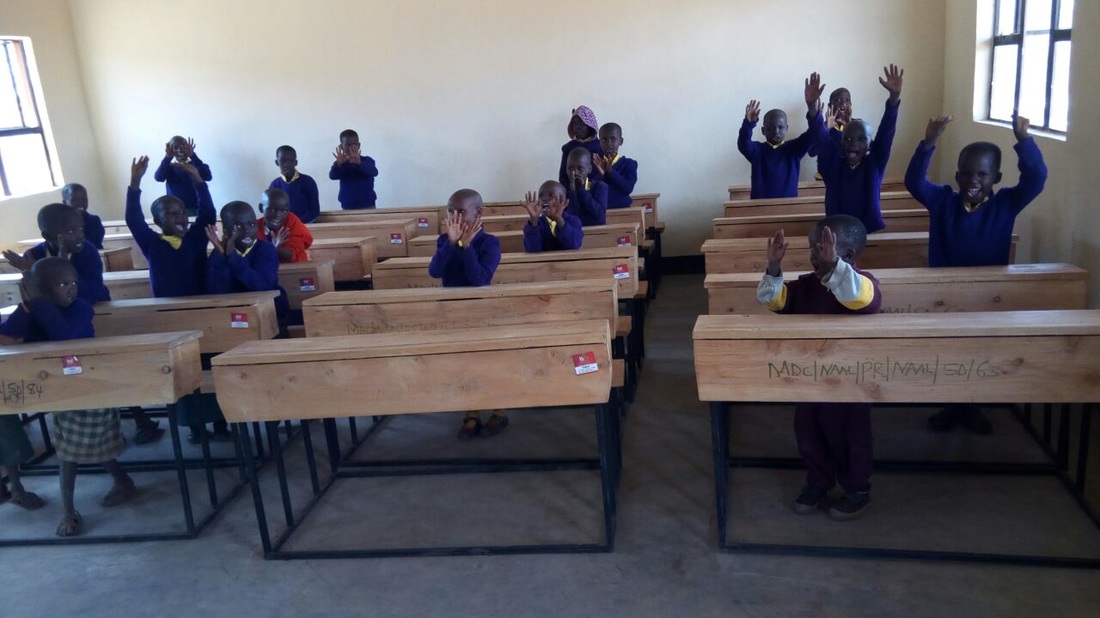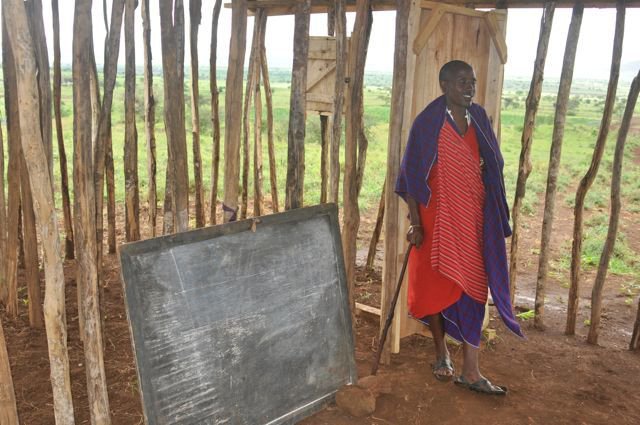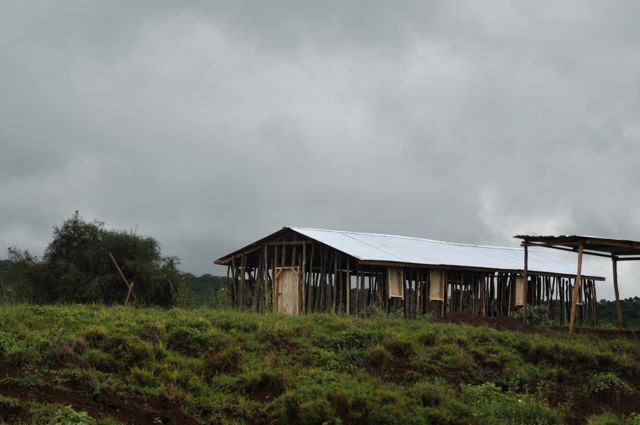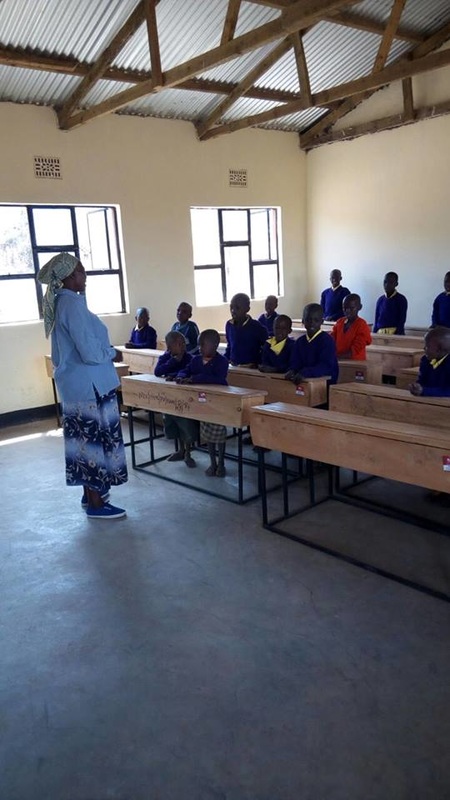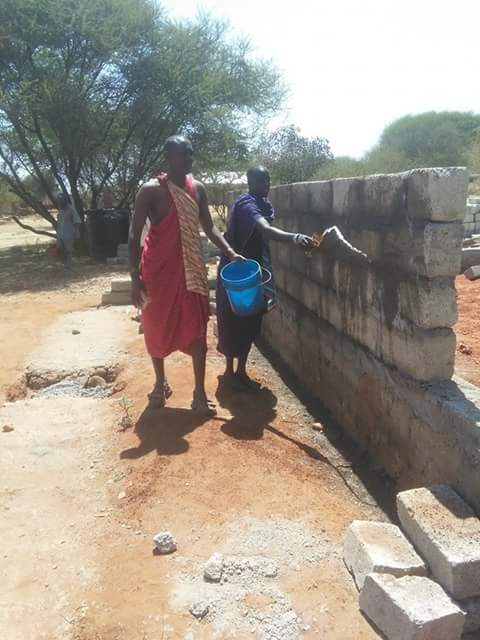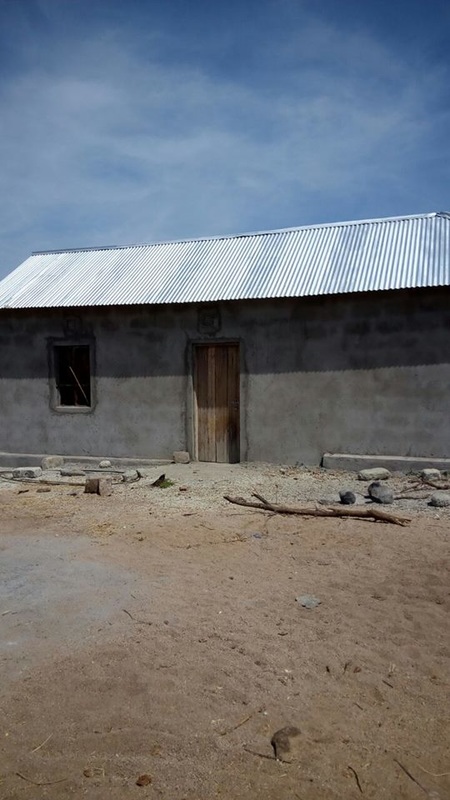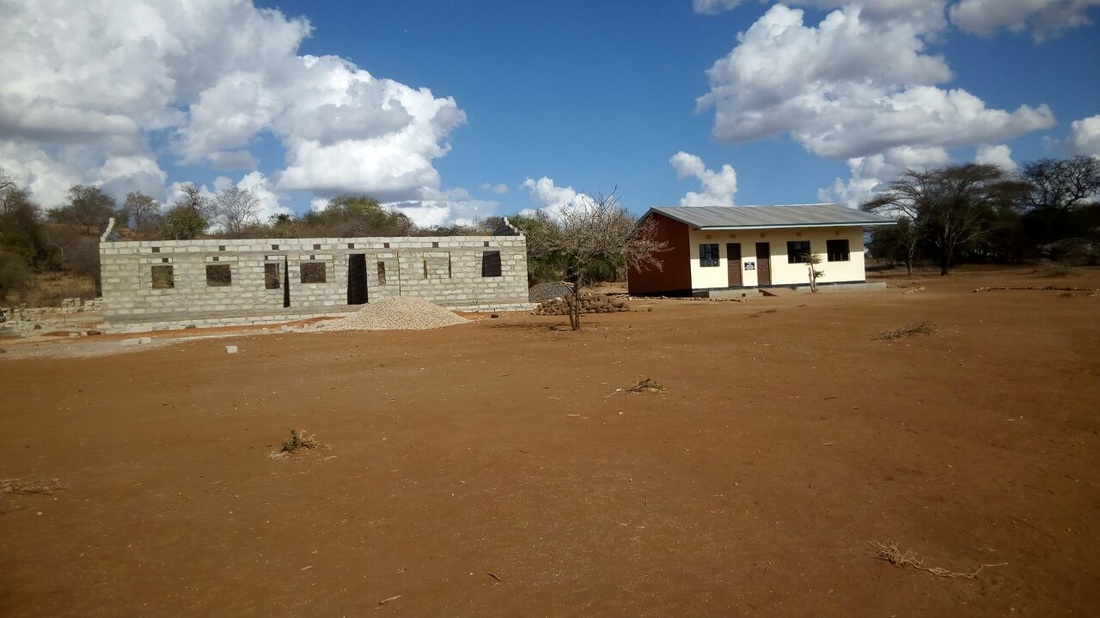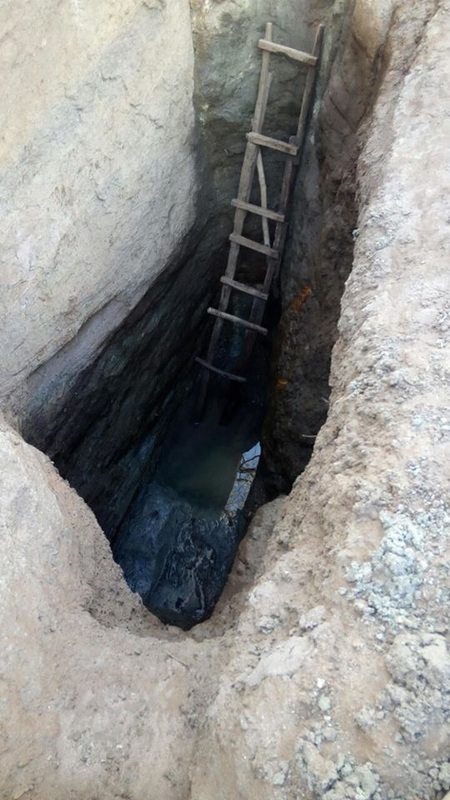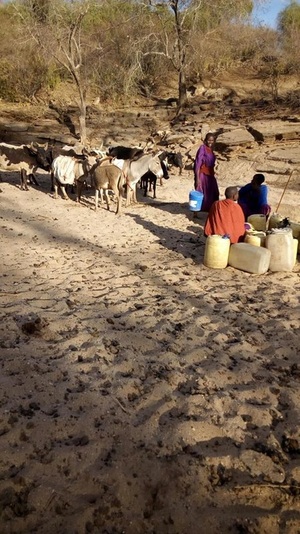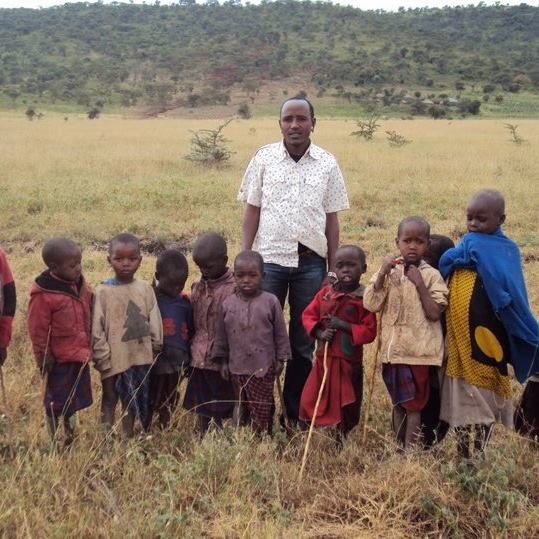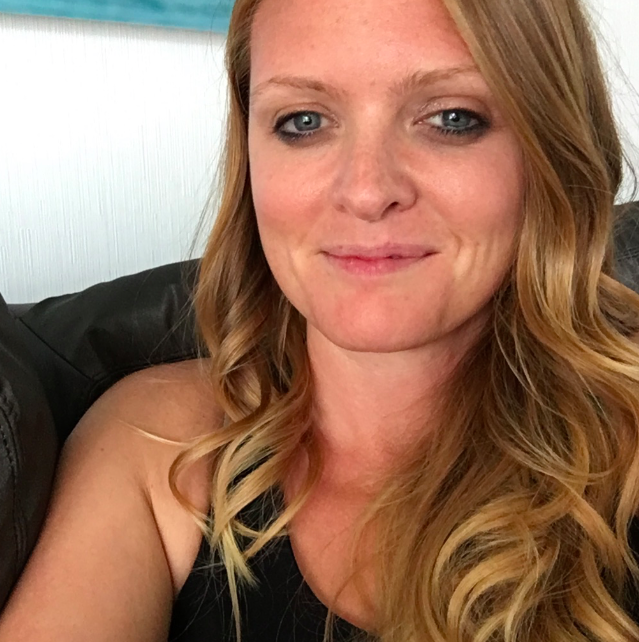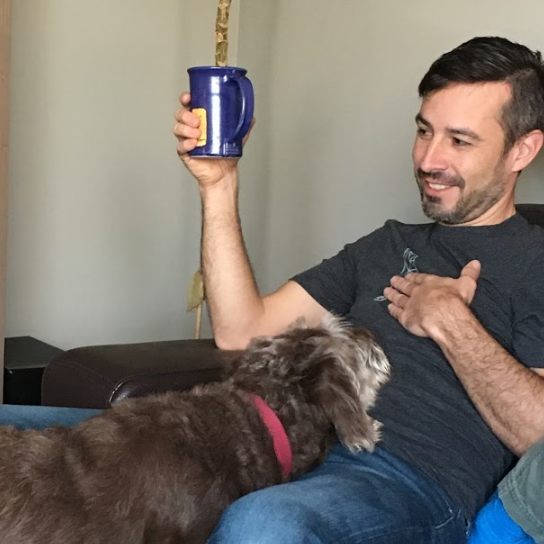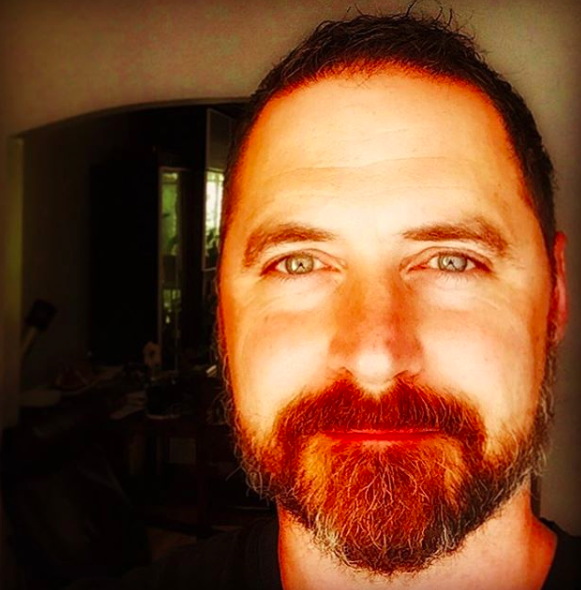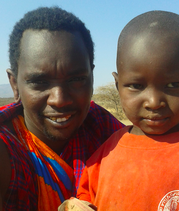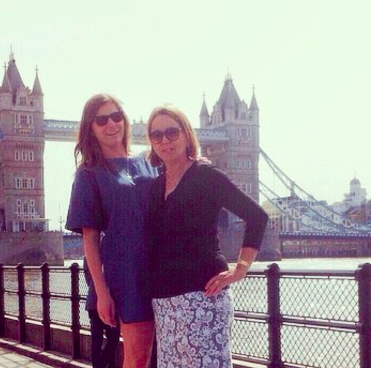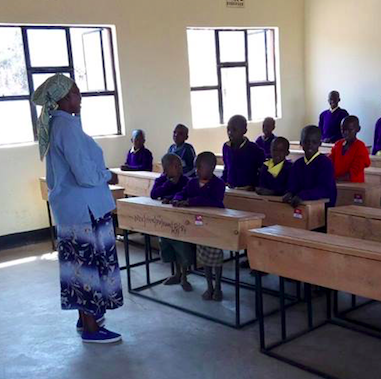THE PROJECT
The Nengiloriti Maasai Village (Boma) is in high need for running water, electricity and basic sanitation. With their nomadic life changing, the Maasai would like their children to have equitable opportunities for employment in Tanzania but can see the world rapidly changing around them. To create greater equity for the Maasai, we intend to listen to their hopes for their children, their ways of knowing the world and create a learning community that works for thier needs. Napokeki means the key to life, and we believe that education is just that.
Phase 1: Dec 22 - Jan 6 2017 Needs analysis
Drawing on our background as educators, and the work we do in service learning, we are starting this project with opening a dialogue. Assessing the community’s strengths, weaknesses, needs, and assets is an essential first step in planning an effective project. By taking time to learn about the community, we anticipate we will discover the most relevant opportunities for projects and maximize our future ability to make a meaningful impact. We are grounding our investigation in the UN Sustainable Development Goals and Arrow Groups that have been designed by a Year 12 student at NIST International School in Bangkok.
We will conduct research using the MISO Method. The MISO method helps us understand projects by looking at a community through various lenses. We engage with media, conduct interviews, gather information from surveys, finally we will use our observations and experiences to make a plan of action.
While on site we will use the Arrow groups above in order to brainstorm what indicators to look for. Part of this process will be the 360 mapping of the community in virtual reality. In order to ensure there is equitable voice heard in the community we will be interviewing disparate groups. Those groups may include, tribe elders, women, children or the elderly. When we have gathered a comprehensive feel for the community and any tensions it may have, we will create a mind map to guide a focus for the needs and assets of the community. We anticipate that this project will have parallel initiatives rather than phases, based on the needs of the community and the partnerships developed.
One of the needs Loshiro (Maasai Project Leader) has expressed is the desire for children to learn English, Swahili and Numeracy. In tandem with this more Western way of knowing, we would like to see a 'school' developed that is based on the indiginous ways of knowing for the Maasai. This will become the basis of a Learning Exchange with the Maasai offering rich funds of knowlege for the Western team members to learn from.
How you can helpThe Nengiloriti Village lacks running water, electricity or toilets. Families sell goats for school uniforms in order for children to go to school. With no books or resources equity in education is far off for these Maasai children. Your donations go towards funding a better life for them. All donated money goes directly to the village. No proceeds go towards management of the project.
|
THE TEAM
Learn more about our international team by clicking on their image
